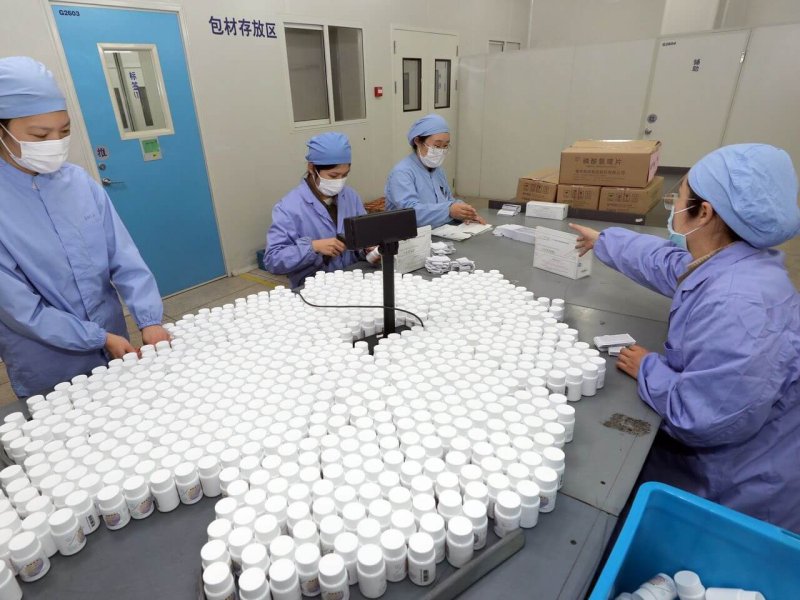The malaria drugs touted by President Trump as potentially “the biggest game changers in the history of medicine” have received a decidedly more sober assessment of their coronavirus-fighting potential from researchers in China, France and Brazil.
Both chloroquine and its close relative hydroxychloroquine offered signs that they may ease some of the hallmark symptoms of coronavirus infection in patients who were hospitalized with COVID-19. But the drugs largely failed to deliver improvements on other key measures when evaluated in rigorous research studies.
In research done in France, hydroxychloroquine reduced neither deaths nor admissions to intensive care units among patients who received it. In a study conducted in China and another in Brazil, the two drugs failed to help patients clear the coronavirus faster.
…
“My own impression so far is that these medications are a colossal ‘Maybe,’” said Dr. Michael H. Pillinger, a professor of medicine at New York University and chief of rheumatology at the Veterans Affairs’ New York Harbor Healthcare System.
…
But researchers in the United States cautioned that the small number of patients in the studies, their hurried execution and the difficulty of assessing any drug during a medical crisis made all of the findings far from definitive. And it doesn’t help that the drugs have become political footballs, they added.































